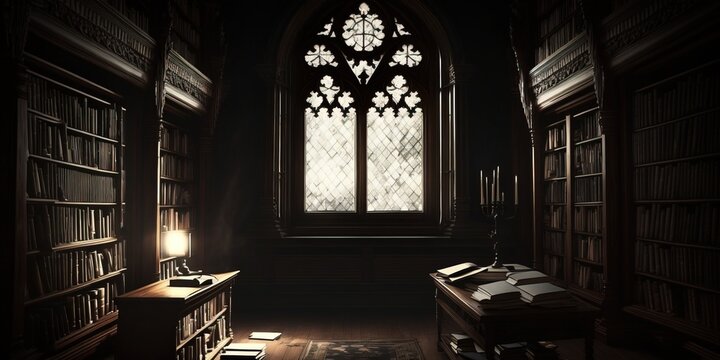
FAQ About Gothic Literature
Gothic Literature
2 years ago | gizem
How does Gothic Literature explore the theme of death?
Gothic Literature frequently explores the theme of death in multifaceted ways, using it as a central motif to create an atmosphere of dread, to probe the human psyche, and to delve into existential and moral questions. Here's how Gothic Literature explores the theme of death:
- Mortality and Fear of the Unknown: Gothic literature often emphasizes the fragility of human life and the fear of the unknown that surrounds death. Characters grapple with the inevitability of mortality, which heightens their anxieties and fears.
- Death as a Source of Horror: Death is frequently portrayed as a source of horror in Gothic stories. Whether through gruesome murders, ghostly apparitions, or supernatural manifestations, death is a constant presence that evokes fear and dread.
- The Macabre and Grotesque: Gothic literature delves into the macabre and grotesque aspects of death. It explores themes of decomposition, decay, and the physical horrors associated with death, creating a sense of revulsion in readers.
- Haunted Past: Many Gothic narratives involve a haunted past where the sins, crimes, or tragedies of previous generations continue to exert their influence, often through spectral or vengeful apparitions. Death is a recurring motif in these ancestral curses.
- Resurrection and Reanimation: The theme of resurrection and reanimation is explored in Gothic literature, as seen in Mary Shelley's "Frankenstein." This raises questions about the boundaries between life and death and the consequences of tampering with mortality.
- Eternal Restlessness: Ghosts and restless spirits are common in Gothic tales. These entities are often denied eternal rest, highlighting themes of guilt, revenge, and unresolved issues in death.
- Symbols of Mortality: Gothic literature uses symbols of death and decay, such as tombs, coffins, skulls, and skeletons, to reinforce the theme of mortality and the transitory nature of human existence.
- Psychological Impact: Death often has a profound psychological impact on characters in Gothic stories. They may experience guilt, grief, or obsession related to death, leading to inner turmoil and madness.
- Reflection of Society: Some Gothic works reflect the societal attitudes and rituals surrounding death in their time. Victorian-era Gothic, for example, explored the mourning customs and fascination with the afterlife prevalent in the 19th century.
- Moral and Ethical Consequences: Death is often linked to moral and ethical consequences in Gothic literature. Characters may face punishment, redemption, or judgment in the afterlife for their actions in life.
- Existential Questions: Gothic literature raises existential questions about the nature of death, the possibility of an afterlife, and the existence of a moral order in the universe. These questions contribute to the intellectual depth of the genre.
- Fear of Oblivion: Characters in Gothic stories often fear the oblivion of death, where their existence will be forgotten or erased. This fear can drive them to desperate actions to preserve their memory or legacy.
